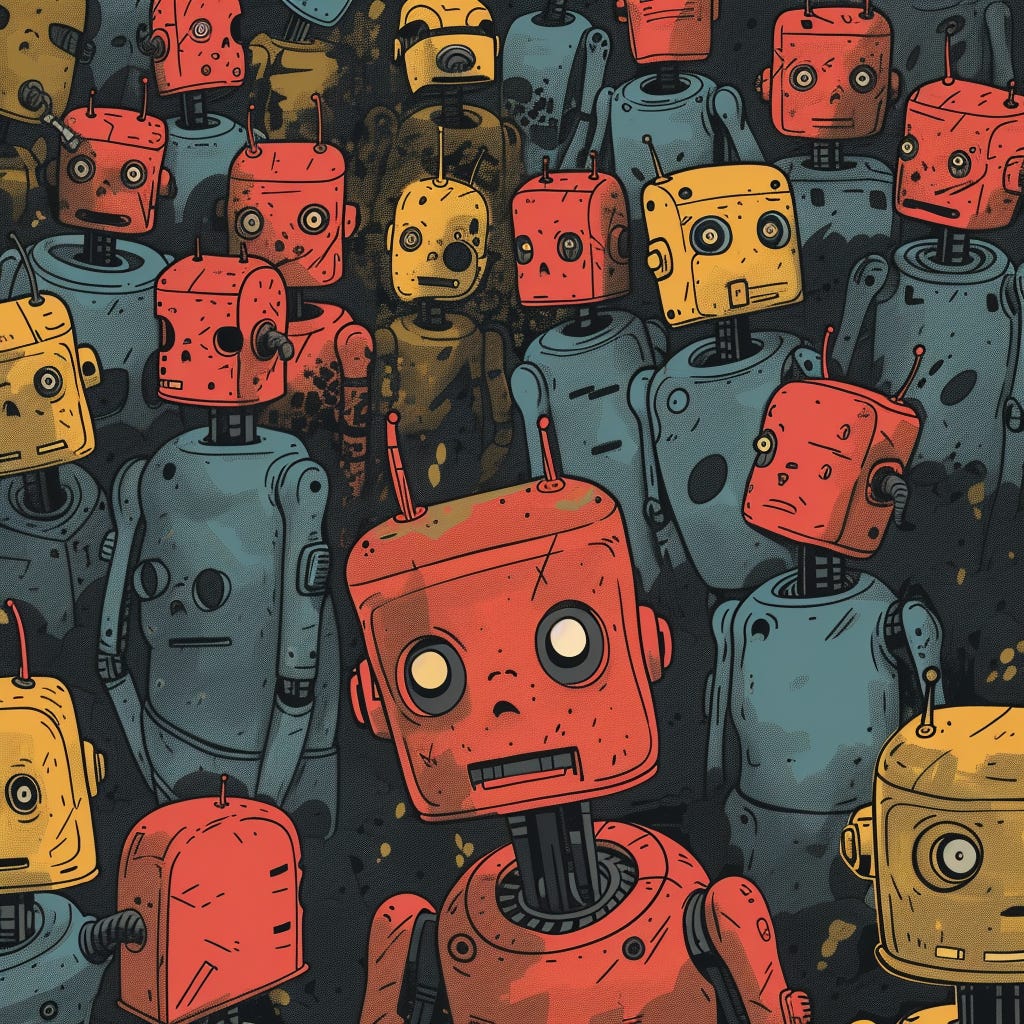You’re Not The Only One Feeling AI Fatigue (Or: Why That New AI Tool Isn't for You)
More AI tools, more AI fatigue.

There’s a pre and post ChatGPT era.
Before OpenAI unveiled ChatGPT, only a few programmers would dabble in creating chatbots and simple models for local execution, and only machine learning engineers and a few AI enthusiasts would use the word “artificial intelligence” on a daily basis.
Things changed on November 30, 2022.
A few…



